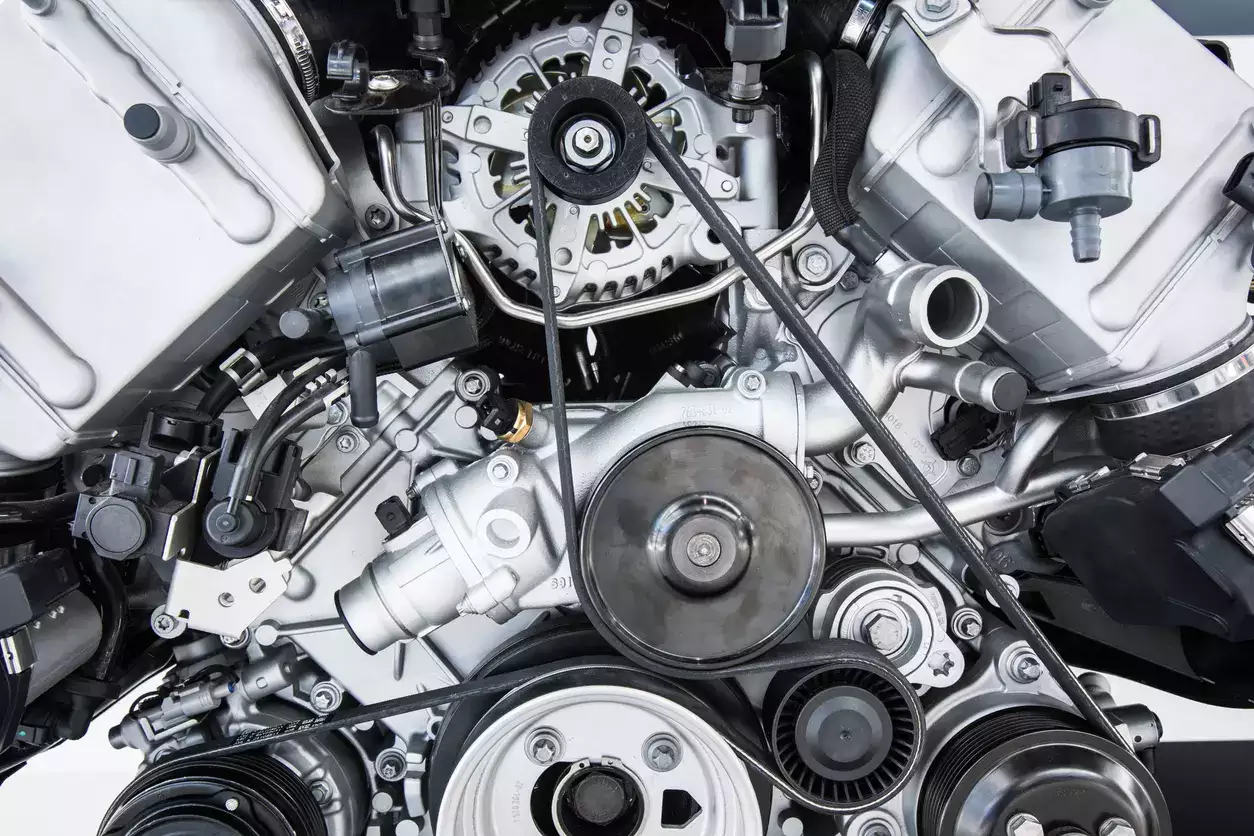 Shares of Automotive Axles have declined 7.3% over the last three months, compared to a 9.4% drop in the Nifty Auto index.
Shares of Automotive Axles have declined 7.3% over the last three months, compared to a 9.4% drop in the Nifty Auto index.Public shareholders have rejected automotive components manufacturer Automotive Axles' proposed transaction with an affiliate company, according to the voting results published by the company. Automotive Axles, a joint venture between the Kalyani Group and Cummins, had sought shareholder approval for transactions worth INR 2,500 crore in FY26 with Meritor HVS India (MHVSIL).
About 79% of public institutional investors and 88% of non-institutional investors voted against the resolution, the exchange filing said. Proxy advisory firms opposed the proposal, arguing that the business should be conducted directly through the listed company to benefit all shareholders, rather than through a joint venture.
MHVSIL is a 51:49 JV between Meritor Heavy Vehicle Systems LLC-a Cummins firm-and BF Investment, a Kalyani Group company. MHVSIL serves as a key distributor of Automotive Axles' products in both domestic and global markets.
Institutional Investor Advisory Services India (IiAS), a corporate governance firm, has opposed the proposal, citing a lack of clear rationale for operating the distribution network through a separate promoter-controlled entity.
"MHVSIL and Automotive Axles share the same JV partners, but Meritor and the Kalyani Group hold a larger equity stake in MHVSIL than in Automotive Axles. We believe the distribution network should operate directly through AAL, allowing all shareholders of the listed entity to benefit from the margins earned on final sales," IiAS stated, recommending that shareholders vote against the resolution.
Shares of Automotive Axles have declined 7.3% over the last three months, compared to a 9.4% drop in the Nifty Auto index.
The proposed transaction includes the sale and purchase of goods, tools, and assets; trade of export incentive licences; or any other transactions involving the transfer of resources, technology, or obligations.
While proposing the resolution, Automotive Axles argued that the collaboration would significantly shorten the cycle time for new product design, development, and testing-enhancing the company's chances of securing new business and expanding its market share.
